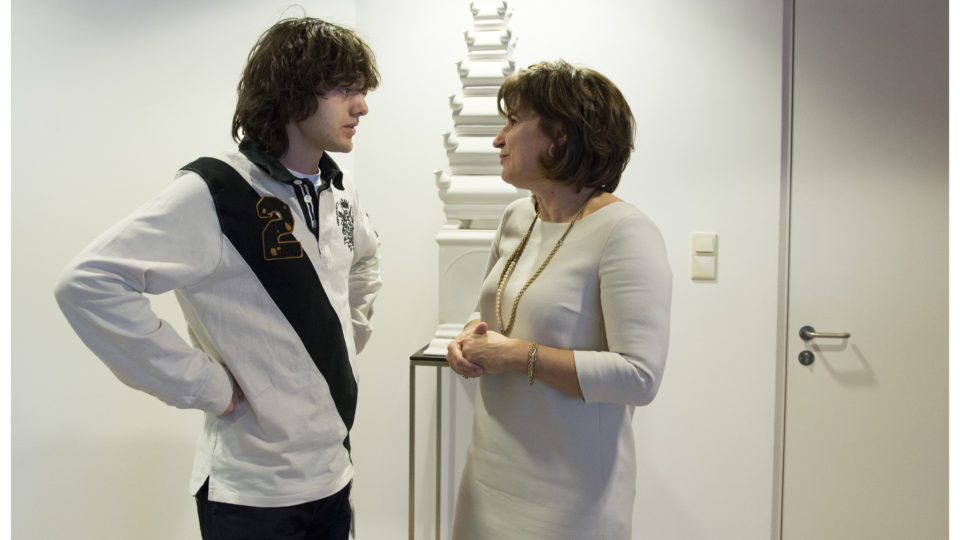The Ocean Cleanup is a non-profit organization, founded in 2013 by Dutch inventor Boyan Slat, to develop and scale technologies to rid the world’s oceans of plastic. It is an organization that proudly declares that its primary aim is to put itself out of business by successfully cleaning up the oceans.
A major activity of The Ocean Cleanup is efforts to clean the ocean garbage patches that have accumulated in several places, best-known of which is the Great Pacific Garbage Patch. The effort involves use of large U-shaped floating barriers that act as an artificial coastline to trap garbage which is then funneled into a barge for disposal. Ten full-sized systems will be needed to clean up the Great Pacific Garbage Patch.
A second activity of The Ocean Cleanup is preventing garbage in rivers from making its way into the oceans. Rivers are the main source of ocean plastic pollution. The Ocean Cleanup has developed river machines called Interceptors that capture garbage for disposal. Last fall, they installed a machine called Interceptor 007 in Ballona Creek, a waterway in the Los Angeles area. In the first rainfall after installation, the Interceptor managed to stop 35,000 pounds of waste from entering the ocean in just a few days.
The original Interceptor models have been deployed in Indonesia, Malaysia, the Dominican Republic, and Vietnam. A different type called the Interceptor Trashfence is being tested in Guatemala.
The Ocean Cleanup states that if fleets of its barrier systems are installed in all the garbage patches and Interceptors in the 1000 most significant rivers, 90% of floating ocean plastic can be removed by 2040.
**********
Web Links
The Interceptor 007 Stops 35,000 Pounds Of Trash From Entering Ocean
Photo, posted February 23, 2015, courtesy of Ministerie van Buitenlandse Zaken via Flickr.
Earth Wise is a production of WAMC Northeast Public Radio










